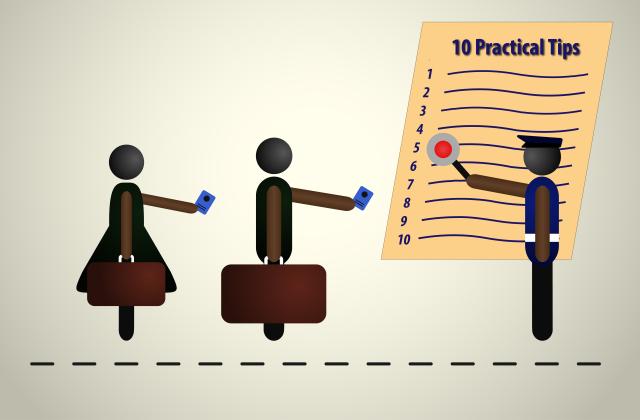Help us make the FRA website better for you!
Take part in a one-to-one session and help us improve the FRA website. It will take about 30 minutes of your time.
Asile, migration et frontières
Highlights
- PageThis page describes the activities of the EU Agency for Fundamental Rights (FRA) on migration and asylum. It also explains how these activities can help the European Union (EU) and its Member States to implement the Pact on Migration and Asylum in a fundamental rights-compliant manner.
- Report / Paper / Summary22mars2022In view of the human rights situation since the beginning of the war in Ukraine on 24 February 2022 and the large number of persons seeking protection in the European Union (EU), the EU Agency for Fundamental Rights (FRA) dispatched, as a first step, a team composed of Agency staff who speak the national languages and with expertise on migration, child protection, equality and non-discrimination and Roma inclusion to observe and collect evidence on the evolving situation. The team reported daily to the EU mechanism for preparedness and crises management on migration (Migration Preparedness and Crisis Blueprint).
- Report / Paper / Summary14décembre2020Artificial intelligence (AI) already plays a role in deciding what unemployment benefits someone gets, where a burglary is likely to take place, whether someone is at risk of cancer, or who sees that catchy advertisement for low mortgage rates. Its use keeps growing, presenting seemingly endless possibilities. But we need to make sure to fully uphold fundamental rights standards when using AI. This report presents concrete examples of how companies and public administrations in the EU are using, or trying to use, AI. It focuses on four core areas – social benefits, predictive policing, health services and targeted advertising.
- Handbook / Guide / Manual17décembre2020La convention européenne des droits de l’homme (CEDH) et la législation de l’Union européenne
(UE) fournissent un cadre de plus en plus important pour la protection des droits
des ressortissants étrangers. La législation de l’UE relative à l’asile, aux frontières et à l’immigration
se développe rapidement. Il existe un impressionnant corpus de jurisprudence de
la Cour européenne des droits de l’homme qui porte, en particulier, sur les articles 3, 5, 8 et
13 de la CEDH. La Cour de justice de l’Union européenne (CJUE) est également de plus en
plus souvent appelée à se prononcer sur l’interprétation des dispositions de la législation de
l’UE en la matière. La troisième édition du présent manuel, mise à jour jusqu’en juillet 2020,
expose de manière accessible cette législation et la jurisprudence des deux cours européennes
dans ce domaine.






















